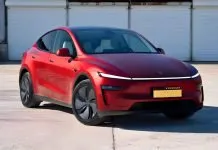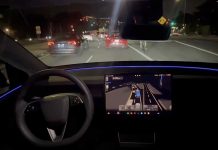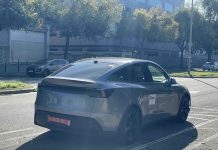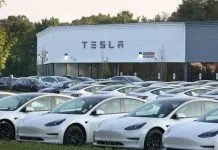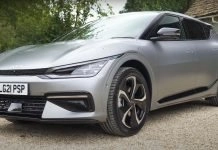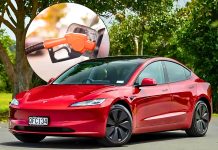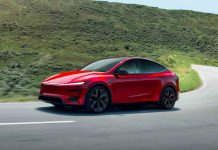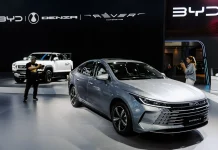The electric vehicle market in the U.S has just had one of the most dramatic months in recent history. Following the removal of the $7,500 federal tax credit, EV sales declined dramatically, falling 53% from the previous month and losing market share by nearly half. This is a disturbing development for the industry. The recent statistics, however, show a lot more positive picture. More Americans are increasingly open to electric vehicles without federal incentives, instead of losing interest.
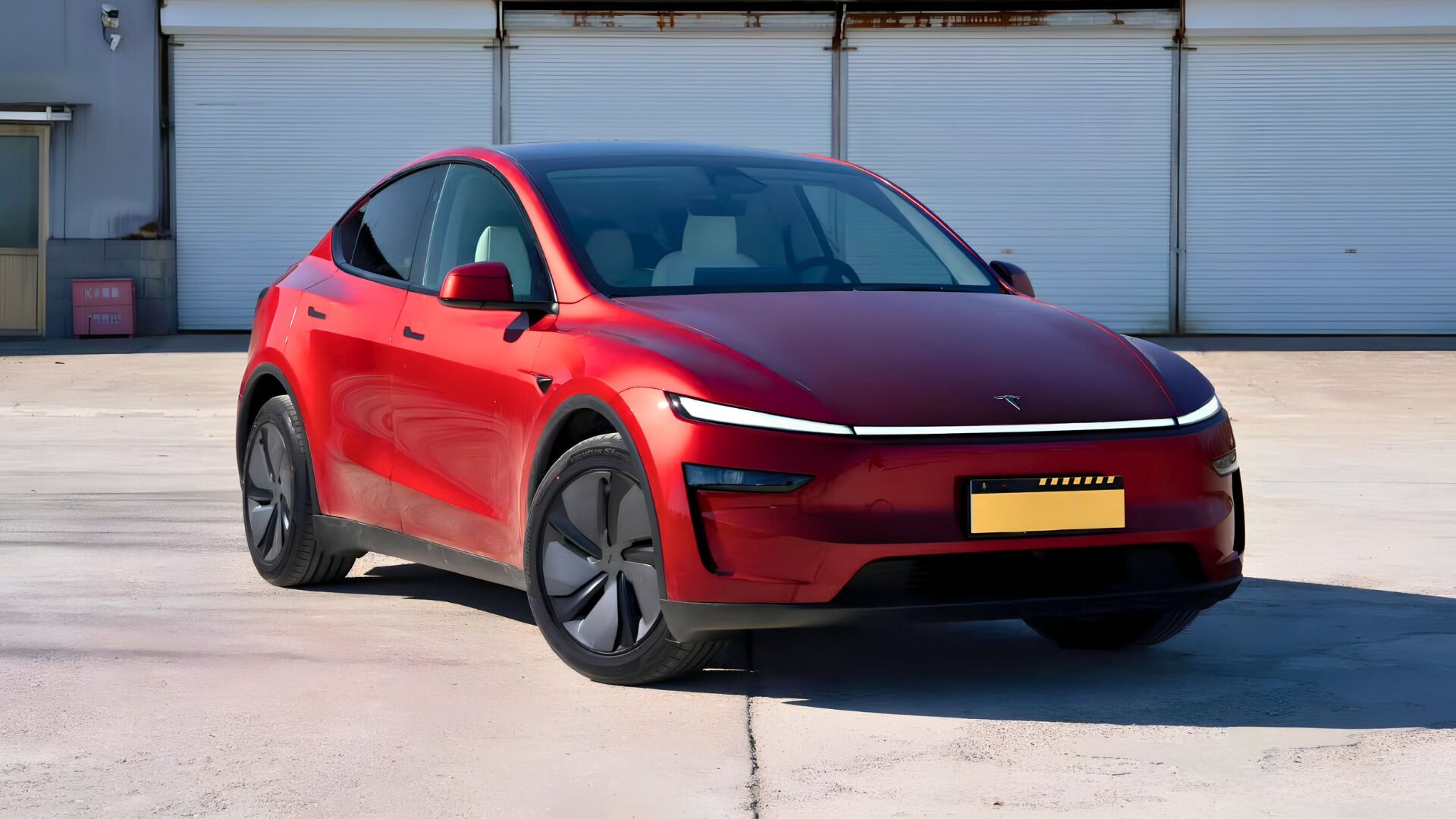
Buyers Express Increasing Eagerness to Run Electrically
The recent findings presented by J.D. Power offer a rather unexpected piece of information: the interest in EVs was growing in October. Over half of new-car shoppers 59.7% now report that they are somewhat or very likely to shop or lease an EV in the coming year. What is more impressive is that the proportion of customers who are highly likely to think about an EV increased 2.6 percentage points since September. This number has been at its peak since January.
This increment of interest is compared to the negative sales of the month. However, analysts believe that the decrease in sales is illusory. The numbers for September were inflated with many shoppers rushing to purchase EVs before the tax credit that was about to expire. As the credit ran off in October, the sales dropped naturally. Instead of indicating a drop in demand, the decrease is to a large extent a result of a buying spurt that was fueled by taxes.
Existing EV Owners: Retained and Inspired
When it comes to sending signals to understand the direction of the market, there is one group that speaks volumes, and that is current EV owners. Surprisingly, 94% indicate that they would be buying another EV when the time comes to get a new car. Among them, 79% indicate that they will, as they are strongly satisfied with owning an electric vehicle.
This loyalty will be more important in the next year. Approximately 243,000 EV leases are expiring in 2025, which will place approximately a quarter-million electric drivers back on the market. In accordance with the existing attitudes, most of them will select another EV as it can assist in maintaining high demand even without federal incentives.
Why Americans Still Want EVs
The primary motivation to keep the excitement is cost savings. The highest incentive amongst the EV buyers was lower operating costs (57%). EVs have continued to do better than expected on regular usage since the tax credit was eliminated. 60% of owners indicate that their EV is much cheaper to operate compared to their gasoline car, with another 26% indicating it to be slightly cheaper. Only 7% report an increase in the operating costs.
Other elements that contribute to high satisfaction are beyond savings. Driving performance – particularly fast acceleration and easy delivery of power-was mentioned by 48% of owners. Good design, good lease deals, and better charging systems are also significant factors.
An EV Market Momentum Next Year
The coming year will be vital in the study of the long-term prospects of EV adoption in the U.S. As hundreds of thousands of EV leases expire, more and more models are released in the market, and the technology is increasing, this interest is expected to not fade away. Even though the repeal of the federal tax credit is certainly difficult, the essence of EV ownership, reduced operating cost, high-performance, and high levels of satisfaction in its owners, still rings well with its consumers.
The electric vehicle trend in America does not begin to decelerate, despite the meteoric sales decline in October. Rather, increasing interest and loyalty to the owners indicate that EVs are on solid ground in their further development.

